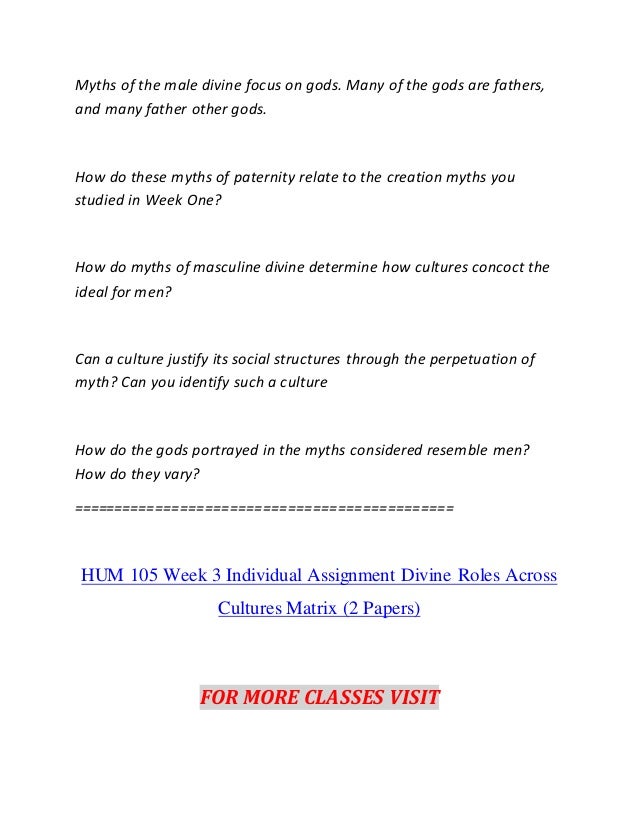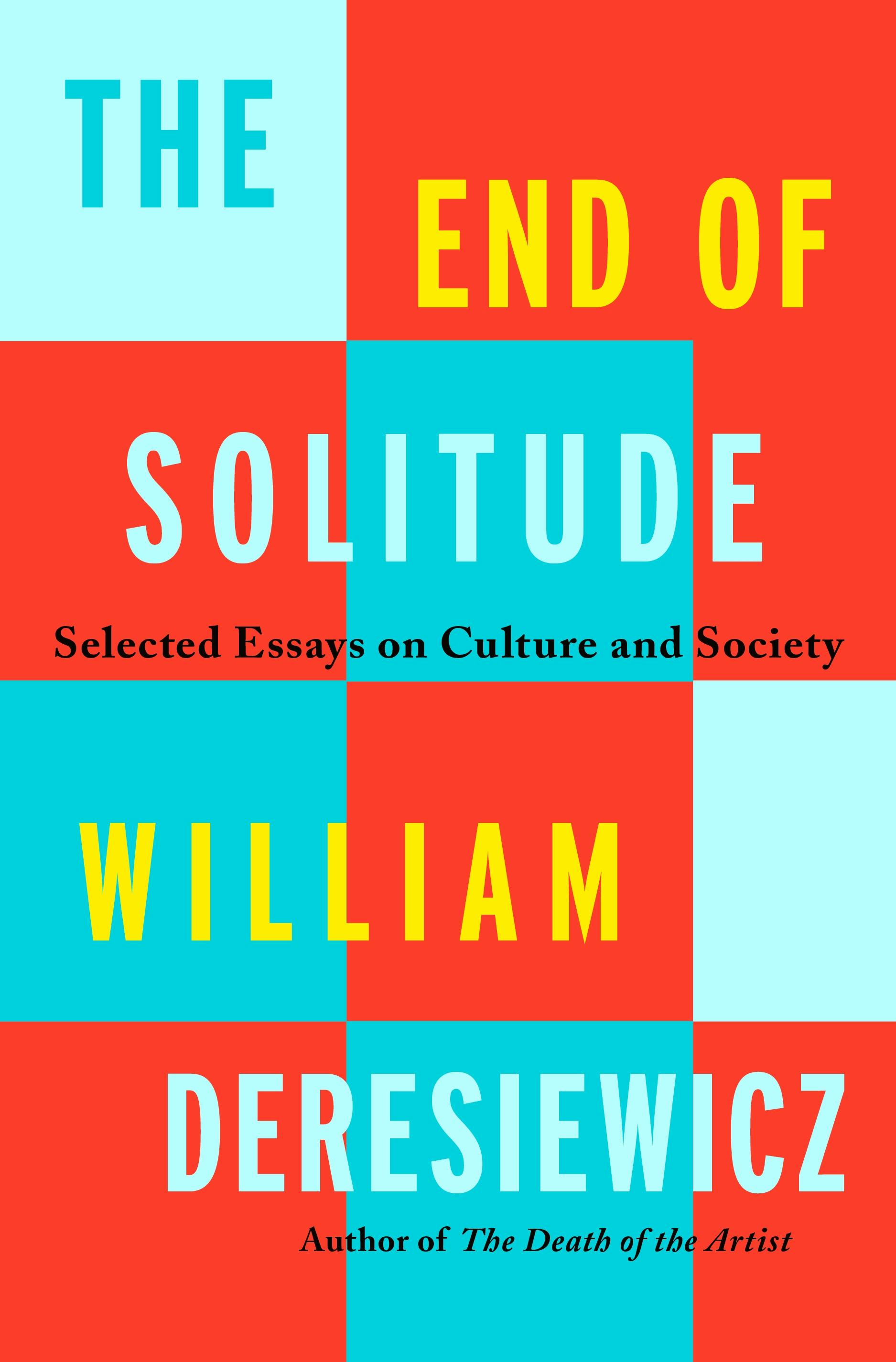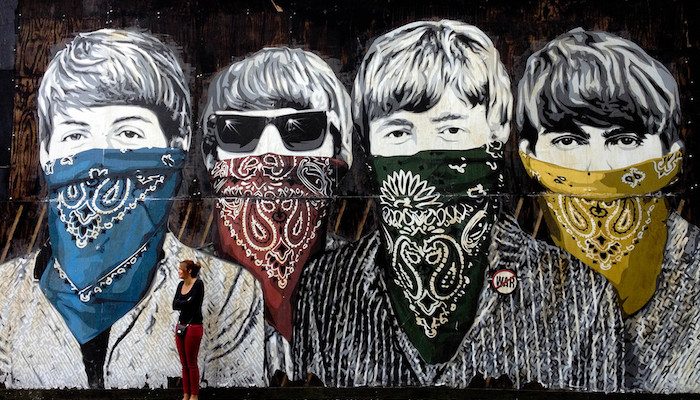Divine roles, or the characteristics and responsibilities attributed to deities, vary greatly across cultures and religions. In some belief systems, the gods and goddesses are seen as all-powerful, all-knowing, and all-good, while in others, they are depicted as flawed and imperfect beings. These differing perspectives on the nature of deities can often be traced back to the cultural and historical contexts in which they were created and worshipped.
One example of a culture with a complex understanding of divine roles is ancient Greek mythology. The Greek pantheon was comprised of a vast array of deities, each with their own specific domain of influence and responsibilities. Zeus, the king of the gods, was the god of lightning and thunder, and was also responsible for upholding justice and law. Athena, the goddess of wisdom, was also the patron of Athens and the protector of heroes. Apollo, the god of prophecy and music, was also the god of the sun.
In contrast to the Greek pantheon, many ancient Egyptian deities were associated with natural forces and phenomena. Ra, the sun god, was the most powerful deity in the Egyptian pantheon, and was seen as the creator of the world. Osiris, the god of the afterlife, was also associated with fertility and agriculture. Isis, the goddess of fertility, was also the protector of marriage and motherhood.
In Hinduism, the divine roles of the gods and goddesses are often tied to specific aspects of the natural world and human experience. For example, Shiva is the god of destruction and renewal, while Vishnu is the preserver of the universe and protector of the righteous. Ganesh, the elephant-headed god, is the god of wisdom and the remover of obstacles.
In many indigenous belief systems, deities are often connected to specific elements of the natural world, such as animals, plants, or geographical features. For example, in some Native American belief systems, the Great Spirit is seen as the creator of the world and all living things, while specific deities are associated with animals, such as the wolf, bear, and eagle. In some African belief systems, deities are connected to natural forces such as lightning, thunder, and rainfall, and are often invoked in times of crisis or need.
Overall, the divine roles attributed to deities vary greatly across cultures and religions, reflecting the unique cultural and historical contexts in which they were created and worshipped. Despite these differences, many belief systems share common themes, such as the idea of a supreme being or creator, and the concept of deities as protectors and guardians of the natural world and human experience.






